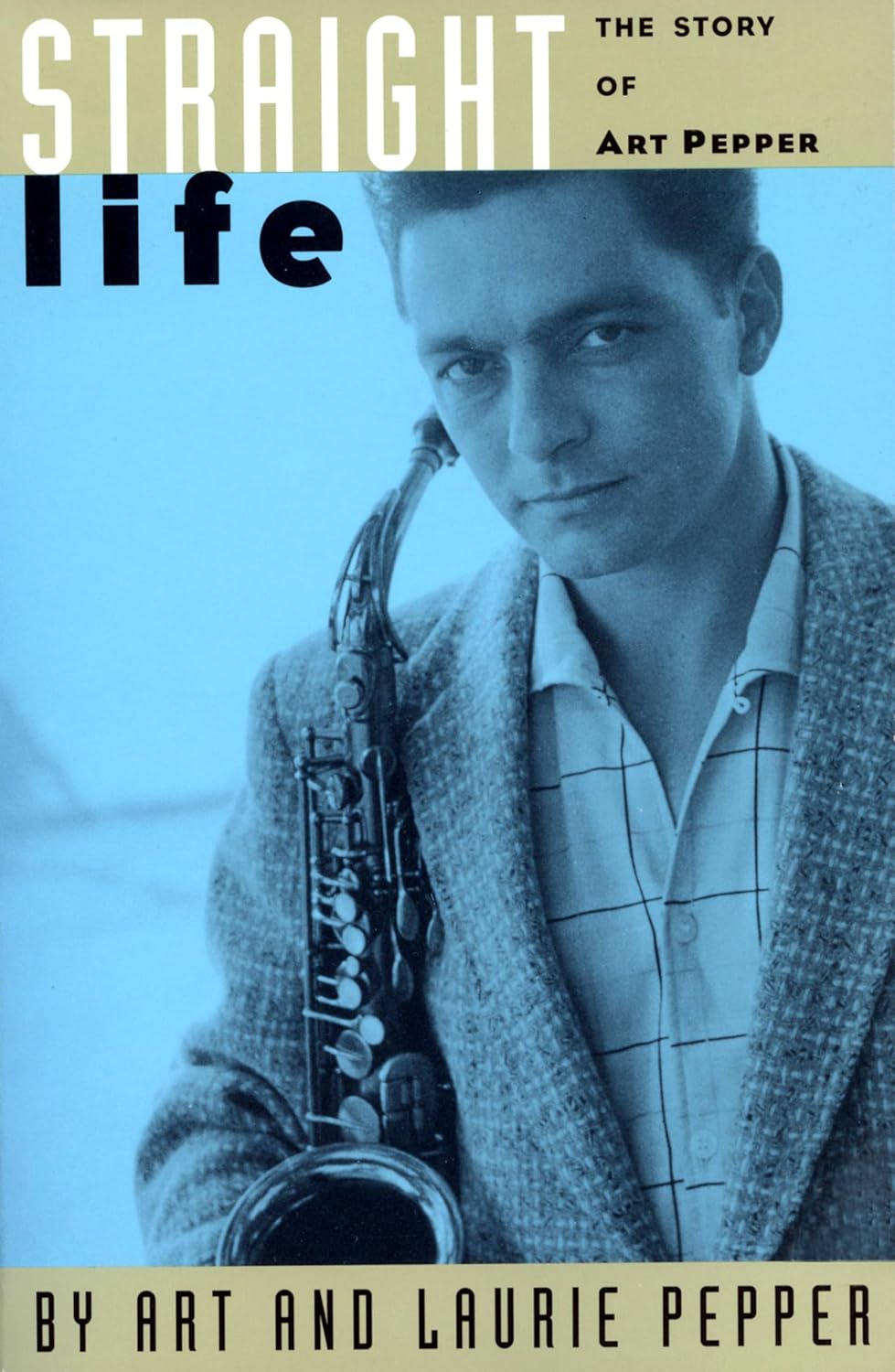Moral panics have been around long before Socrates was forced to commit suicide for corrupting the youth of Athens. Since civilization began, there’s been an endless cycle of social/political/artistic change provoking reaction from those who are fearful of any change whatsoever, or even, in Mencken’s immortal words, “the haunting fear that someone, somewhere, may be happy.”
The challenge for the ones who are doing the panicking is to keep the cycle fresh, to try and hold the line of today’s rear guard even as the previous ones have broken. This is a particular problem with American politics in society, because there’s too, too many well-funded, frightened, insecure, mean-spirited, and anti-humanist busybodies and God-botherers like Christopher Rufo and Moms for Liberty who get all worked up over the notion that all men are created equal—not to mention that anyone who doesn’t look like them (white), practice the same religion (Christianity), or have the same sexuality (although here it’s bit tricky because Mom’s for Liberty seems to be a bisexual swinger’s club for suburban wives) might, somewhere, be happy.
For normal, balanced people like you and I, those things barely earn a shrug. But to inadequate, insecure people who identify themselves as central to an established order, any challenge to the status quo is something to panic over. And so Eric Adams thinks that the fundamental problem in New York City is that people listen to drill rap, and in Georgia the criminal prosecution system is using rap lyrics as evidence in a trial against the Young Slime Life record label (the latest instance in an ongoing practice). I wonder if any of those attorneys ever read crime fiction.
In 1955 Johnny Cash recorded and released “Folsom Prison Blues,” with the lyric: “But I shot a man in Reno just to watch him die.” It was part of his supposed outlaw image, which was never real except for some overnight jail stays for misdemeanors—the “outlaw country” idea of musical style had nothing to do with criminality, it was a movement to buck the Nashville system and make more individualized music. The line never sounded serious, especially when Cash sang it at Folsom Prison, nothing like the threat of John Lee Hooker purring “I’’m Bad Like Jesse James.”

\For Cash, it was just a brand, but there have been real outlaws in music, like Leadbelly and Joe Hill. And music itself has been outlawed time and time again (good luck with that Mayor Adams!). As Ted Gioia proves in his great revisionist history, Music, the eternal story of musical developments is that of how important, revolutionary ideas come up from the streets and threaten both the musical and political status quo. Atavistic yes, just like reactionary politics in every other way, but not archaic: from the 20th century alone there was Louis Armstrong’s insulting reaction to be-bop, Stanley Crouch’s insulting reaction to Miles Davis’ comeback, not to mention music fascists considered “degenerate,” usually because it was Black/Jewish/jazz.
Plenty of jazz musicians served time in jail or prison, many because during the middle of last century it was a crime to be a drug addict, i.e. being addicted was illegal. Dexter Gordon, Chet Baker, Gerry Mulligan, Jackie McLean, Frank Morgan, all served time behind bars. Morgan was in San Quentin where he crossed paths and played with one of the great post-Charlie Parker alto saxophonist and the premiere criminal jazz musician, Art Pepper.
Pepper, who came up in the big bands of Benny Carter and Sten Kenton, was a fiery player, almost compulsively inventive as an improviser, chasing after his own notes with something just this side of musical logorrhea. He was a unique and devastating ballad player, using slow tempos and minor keys to dig into a jagged and abrading psychological despair. If you want to start with one track, make it “Here’s That Rainy Day” on Living Legend, and if you want to take in a whole album, try Winter Moon, one of the greatest jazz-with-strings discs ever made.
But if you read his astonishing memoir, Straight Life, one of the most honest and withering (even terrifying) biographical books ever published, you’ll find that Pepper thought of himself less as musician than as a junkie and a convict. A heroin addict, Pepper spent four separate stretches imprisoned for crimes that included armed robbery, ending with two stretches in San Quentin, 1961-1964 and 1964-1965. The seriousness of his addiction is marked by the brief 1964 interval, where after release from prison he immediately went back to robbery and heroin. (After prison he entered Synanon, where he met his wife Laurie, and his time there might be the scariest part of his story.)
One of the complex and insoluble parts of Pepper’s life, one that’s inseparable from his playing, is his own insecurity and self-consciousness about being a white musician playing music pioneered by Blacks. He looked up to the great Black musicians and felt he didn’t belong with them, yet played brilliantly and with ease in their company, as on his classic Meets the Rhythm Section album, with pianist Red Garland, bassist Paul Chambers, and drummer Philly Joe Jones, and in his post-prison years he was often accompanied by the great pianist George Cables (with whom he had a clear rapport) and for his fantastic The Complete Village Vanguard Sessions, he’s got Elvin Jones on drums.
Yet that insecurity, and drugs and prison, fucked up his personality to the point where he turned racist, something he managed to fix within himself (though never the addiction, which returned in numerous ways after prison and was the fundamental cause of his death in 1982, at the age of 56.
What you get with Pepper is outlaw jazz in the sense that the traits and foibles that led to his criminal life come out through his playing. Again, the key word with him is honesty, and the notes he played are as honest as the memoir. Better put, his discography through the years follows his story, a junkie trying to pass himself off as together, a white jazz musician trying to keep the confidence to play with his Black peers. Then, out of prison, he’s a musician trying to get it back together. There’s a great new document of this, produced by Laurie Pepper on Omnivore Recordings, Art Pepper: The Complete Maiden Voyage Recordings. These are the full live sets from three straight nights at the Maiden Voyage jazz club in Los Angeles, August 13-15, 1981 (some of these tracks have been released before).
It’s Pepper, complete. His rambling chatter with the audience comes off as a man who’s simultaneously trying to convince himself that he belongs and is overjoyed to be there. Then he counts off the tunes and puts the horn to his lips, and there’s honest, jagged life, line after line from a man who sounds like if he keeps the notes coming, he’ll keep himself afloat and make something so beautiful and meaningful that he’ll convince the universe he belongs. Not that there’s anything wasted or superfluous, when you’re this honest, everything matters. And when you’re this honest, you belong.
Author
-

George Grella wrote the book on Miles Davis’ Bitches Brew. He write other stuff too. killyridols.substack.com/
View all posts
George Grella wrote the book on Miles Davis’ Bitches Brew. He write other stuff too. killyridols.substack.com/










